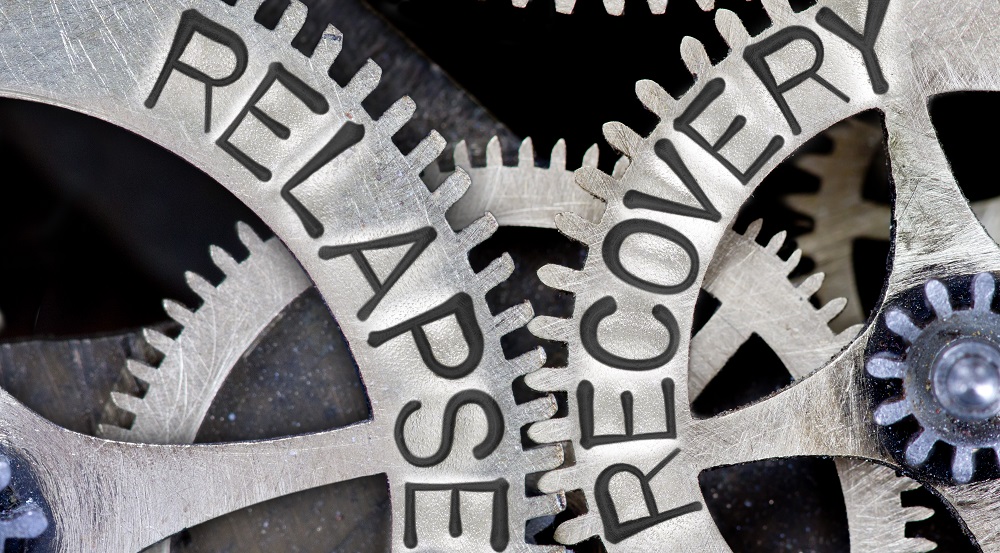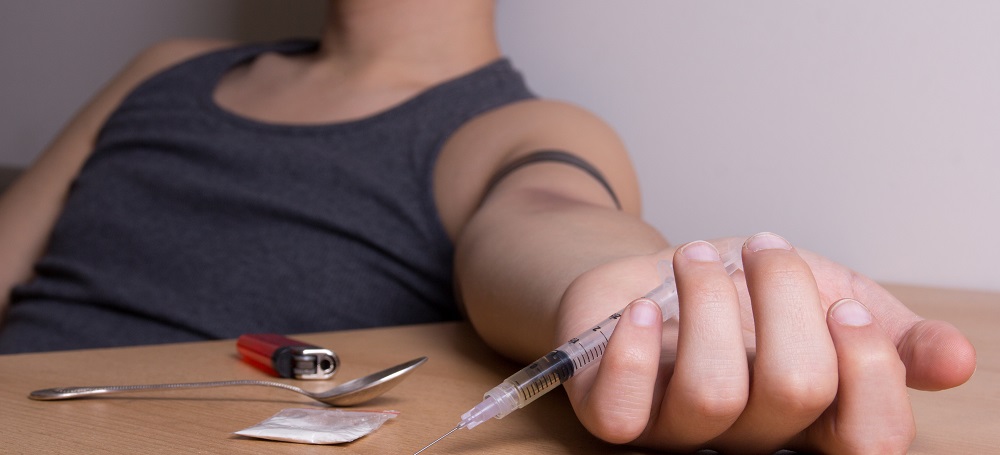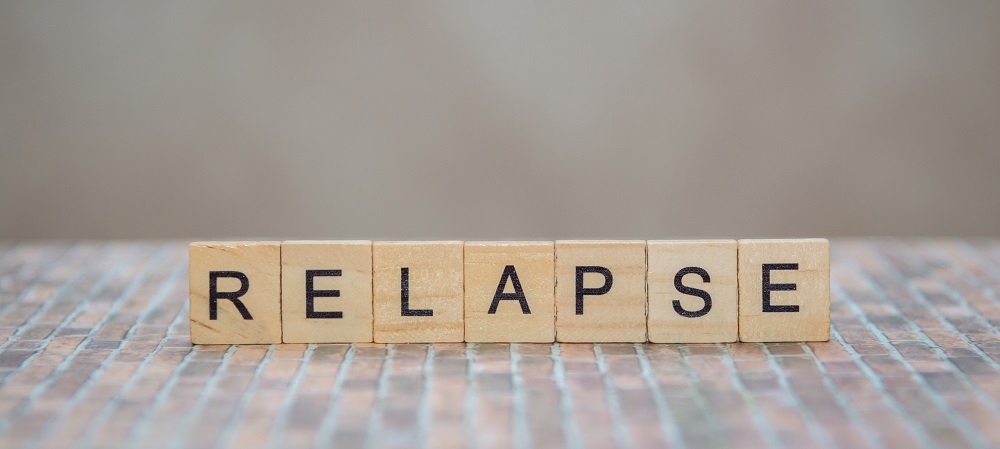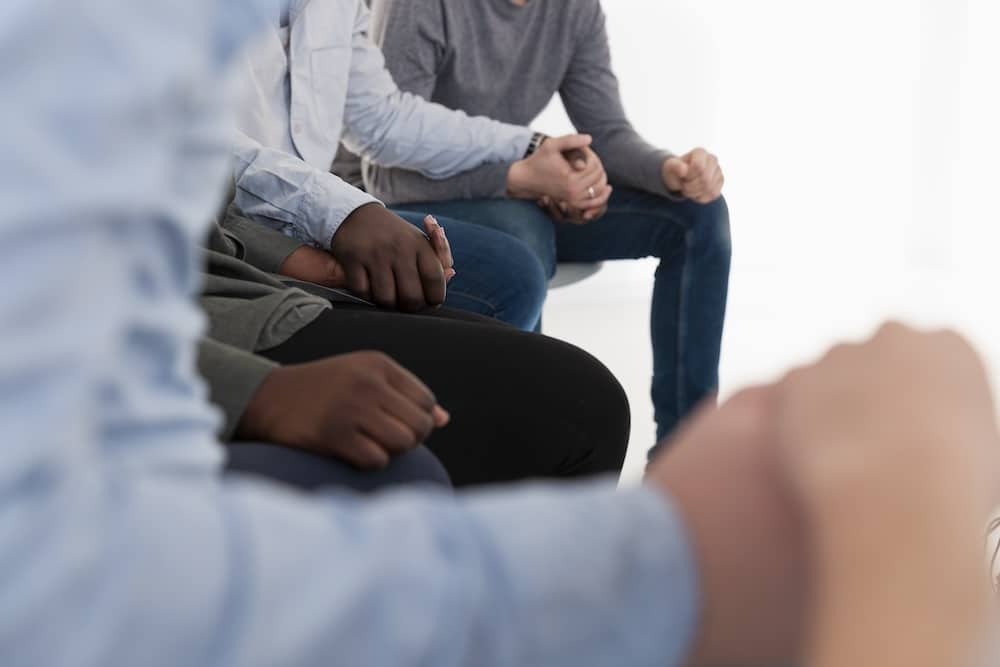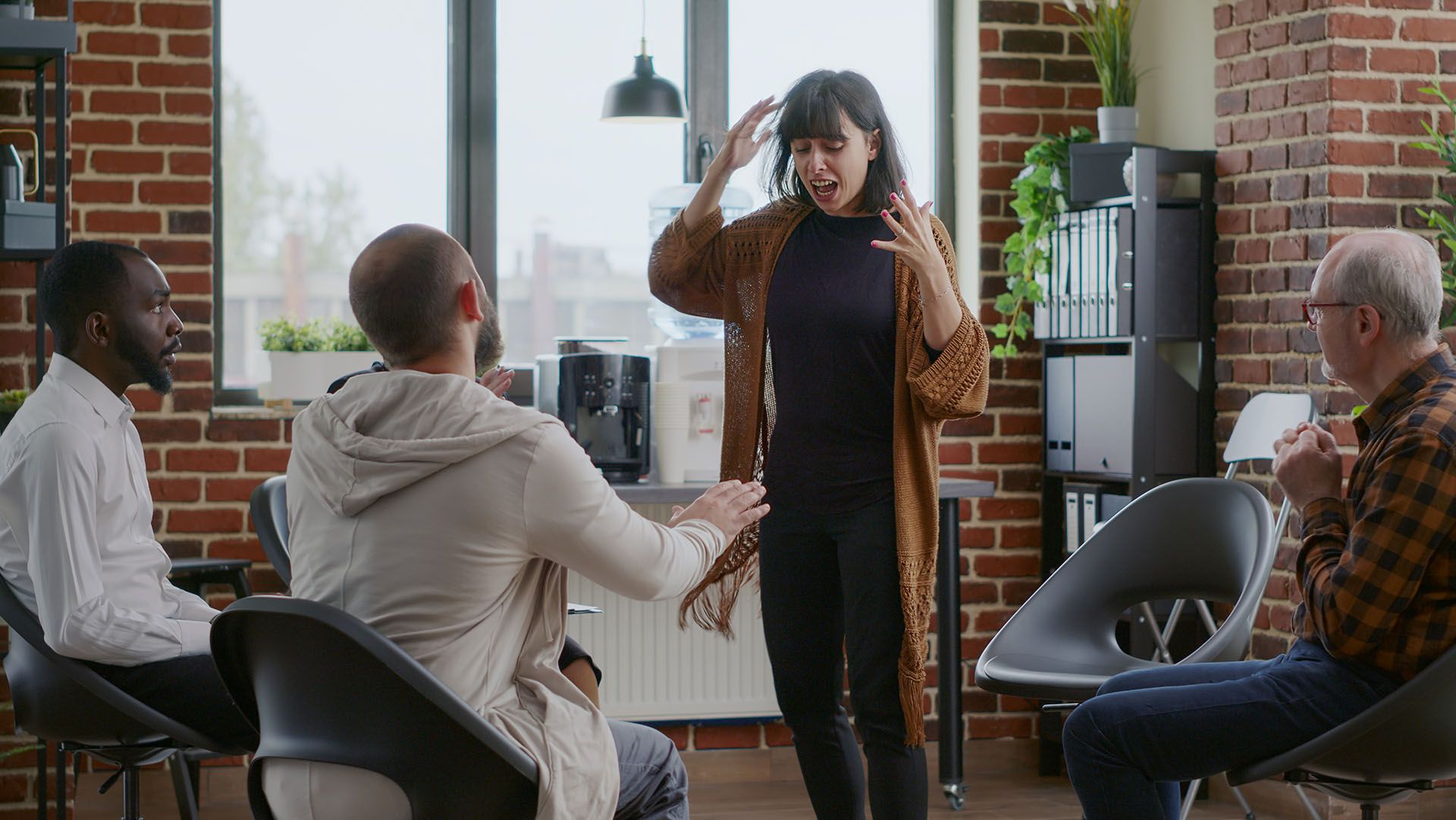Steps to Create Your Own Relapse Prevention Plan
Having your own relapse prevention plan can help you a great deal when it comes to your addiction recovery. It is an actionable step that you can take to ensure your recovery after finishing the inpatient rehabilitation program. But before you create your own relapse prevention plan, you should first be able to identify the potential risks and hazards to your recovery from addiction.
The most basic truth that you should understand is that addiction is a chronic brain disease wherein relapse is highly likely. But it is also important to remember that for your recovery process to be successful, you have to put in a lot of effort so you can avoid relapse. When you have a plan to prevent relapse, it’s like having a map that you can use in case you get lost.
A relapse prevention plan can be something that you’ve written on paper or a notebook. It can even be a verbal plan that you and your therapist created while you were still in the addiction treatment program. Some of the best examples of what you can do to avoid relapse are to try new activities such as working out or trying your hands at painting, gardening, or other activities. What’s important here is that you have something to do so that you can deal with cravings.
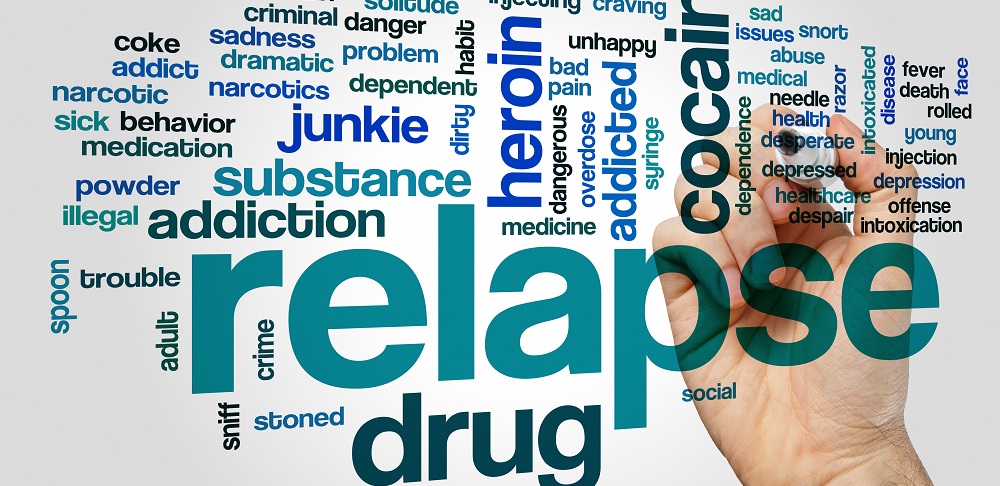
Why It’s Important to Prepare
Recovering from an addiction can be a humbling experience. For many of us, we may think that we have full control of our day to days. But people who are fighting an addiction know what it’s like to lose control of many areas in their lives. For example, even if they want to stop using drugs or alcohol, they cannot easily do so because they have become physically dependent on it. They may want to get better but the addiction has taken over a huge part of their lives.
After finishing an addiction treatment program, it may be easy to think that you can manage the addiction now because you’ve been treated. While it’s good to be optimistic about it, bear in mind that the fight is not over. The real work begins when you leave rehab. That’s why before leaving the rehab centre, you should have a relapse prevention plan with you.
Expect to have intense cravings. Relapse can happen if you don’t guard yourself against the triggers and temptations. Addiction is also composed of several bad habits that you need to extinguish. To do this, you need new habits to replace them. It’s going to be a long process so prepare to have lots of patience on both the process and yourself.
Creating Your Own Relapse Prevention Plan
Before finishing your inpatient rehab treatment program, make sure that you have a relapse prevention plan in place. It will guide you in the steps you’ll be taking when you’re out in the real world again. Whenever you feel the urge to go back to your old ways and turn to drugs or alcohol, you can use your plan as a weapon to combat the cravings and urges. Here are the steps to create your own relapse prevention plan.
Setting Goals for Recovery
List all the reasons why you want to get better and get rid of your bad habits. It will serve as your personal goals for recovery. Whenever you feel that things are getting difficult or it’s just not making sense anymore to try, go back to your goals. It will remind you why you have to fight against the urge to give up. It will help you to focus on building a new life for yourself.
Include goals for your personal relationships, career or professional ambitions, pursuing new hobbies or revisiting old ones, and even goals on growing spiritually. Anything that comes to mind that you want to include in your new life, write it down. When times get tough, read through your goals and remind yourself why you want to get better.
Identifying Triggers
When you’re done with the goals, it’s time to list the triggers. Triggers are things, places, people, or events that remind you or make you want to go back to using drugs or alcohol. So, what you can do is list the places and events that you should avoid. List the names of people you need to cut off from your life because they’re not good influences. Also, throw away things that remind you of your old life and habits.
The triggers are your enemy. They will hinder your progress in recovery. Try your best to eliminate them from your life. It will be tough. The process will definitely challenge you. But if you want to avoid relapse, this is the best way to do it. You’d want to avoid the temptations as best as you can so that you don’t have to struggle through the cravings or possible relapse.
Cultivating New Habits
Part of the relapse prevention plan is getting rid of old habits. To do this, you need new ones that can replace them. You may think at first that no new activity could possibly be as fun as getting high or getting drunk. Don’t be your own enemy. You have to talk yourself into believing that healthier activities are better than doing drugs or drinking alcohol.
Just think about it this way, say your new habit is walking or running. Whenever your mind tells you that it’s not as fun as getting high, think about what you have to suffer after the high is gone. You would have spent a lot of money on drugs, your body doesn’t feel right because of all the negative side effects, and you feel guilty that you can’t stop doing drugs. Now, compare that with running or walking. It’s a free activity so you won’t have to spend a cent. Your body will get a natural high and you’ll feel good about yourself. Isn’t the new habit a much better choice?
Takeaway
Your recovery from addiction doesn’t stop when you’ve finished the rehab program, the therapy sessions, or the other strategies for recovery. Always think that recovery is a continuing process. You will have so many opportunities to learn more about yourself and what you’re capable of doing. When you’ve reached a goal, strive for another one. All these things will help you maintain a healthy and drug-free life.
Are you ready to build a better future for yourself? Call our friendly staff today. Addiction Rehab Centres will support you in your recovery journey.
Related article: Addiction Relapse During COVID-19 Pandemic

